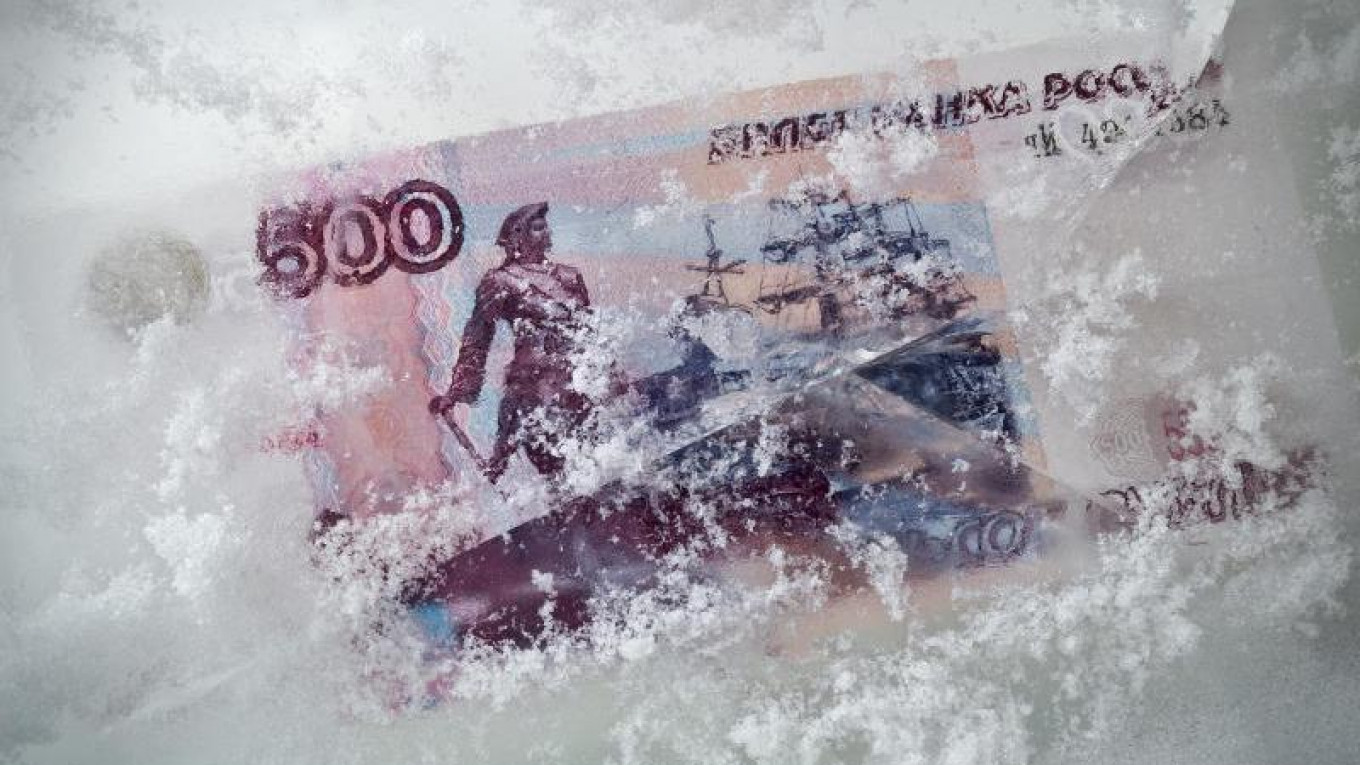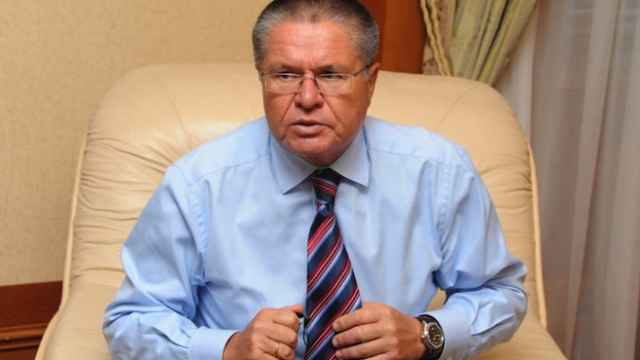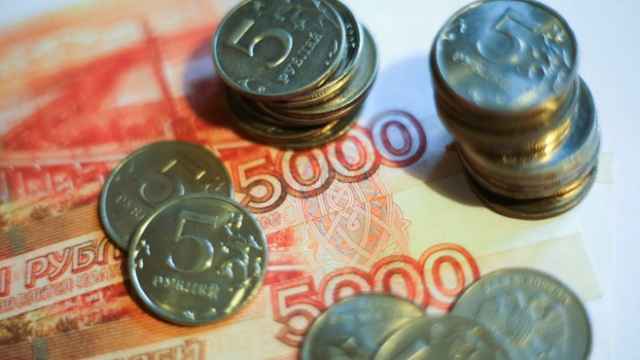Russia's economy is continuing to decline “after hitting rock bottom,” a report by Moscow's Higher School of Economics (HSE) revealed Monday.
The Russian economy contracted across almost all sectors in the first half of 2016, with construction, retail, and manufacturing sectors all badly hit.
The increasing competitiveness of Russian exports thanks to the devaluation of the ruble has not been able to compensate for decreasing domestic demand, the report found.
The construction sector contracted by a record 10 percent, falling below levels recorded during the 2009 global crisis.
Turnover in the retail sector also fell by 3.1
percent, down some 15 percent in total compared to pre-sanction
levels in 2014. Industrial
production in the last
six months also decreased
by 0.1 percent.
"The economy has adapted to this 'new normality,' but that is only the first phase,” the report said. “The economy has once again begun to fall. Russia's gross domestic product (GDP) is now 5.5 percent below the average level for 2014. In these circumstances, we do not expect sustainable economic growth to start again in the near future," said the report.
Russia's
GDP has shrunk by
0.9 percent since the start of the year, and
HSE experts believe that it could fall as much as 1.5 percent
by the end of 2016.
The report also warned that government reserves could be exhausted by the end of the year due to falling oil prices.
The
government used 780 billion rubles ($11.8 billion) to cover the
federal budget defect in the first six months of this year.
"A
greater income shortfall threatens to
exhaust the reserve
fund, forcing
the Kremlin to use money from the National
Welfare Fund. Given falling
oil and gas revenues, we believe that the
government will need to
use more than the 500 billion rubles ($7.6
billion) previously announced in
its budget,”
the report said.
Russia's
Economic Development Minister Alexei Ulyukayev announced in May that
the country had been out of recession for more than six months. Many
Russians still continue to feel the ongoing economic crisis in the country, with
real wages falling by 9.5 percent in 2015.
A Message from The Moscow Times:
Dear readers,
We are facing unprecedented challenges. Russia's Prosecutor General's Office has designated The Moscow Times as an "undesirable" organization, criminalizing our work and putting our staff at risk of prosecution. This follows our earlier unjust labeling as a "foreign agent."
These actions are direct attempts to silence independent journalism in Russia. The authorities claim our work "discredits the decisions of the Russian leadership." We see things differently: we strive to provide accurate, unbiased reporting on Russia.
We, the journalists of The Moscow Times, refuse to be silenced. But to continue our work, we need your help.
Your support, no matter how small, makes a world of difference. If you can, please support us monthly starting from just $2. It's quick to set up, and every contribution makes a significant impact.
By supporting The Moscow Times, you're defending open, independent journalism in the face of repression. Thank you for standing with us.
Remind me later.







